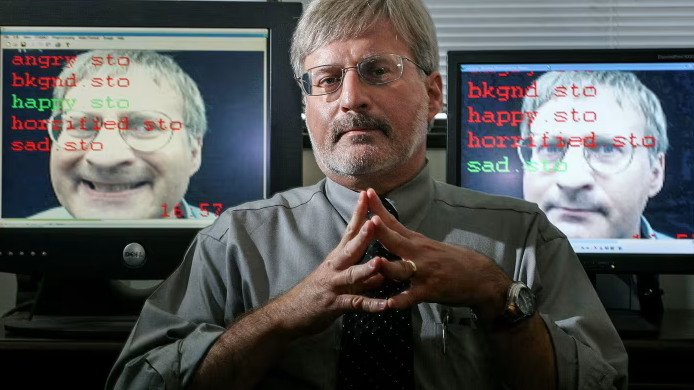Founder’s petition to let his AI brainstorming system be named as an inventor of a product was denied in the UK.
AI cannot be named as an inventor of new products, as the law only considers humans and companies to be creators. This was the decision of the UK Supreme Court as it denied a petition from the founder of DABUS – an AI system that simulates brainstorming to create new inventions – Stephen Thaler, to name his AI system as an inventor of a product.
Thaler has previously lost another appeal in the US and his attempt to get his AI system to hold the patent instead of his company was also denied.
In the UK, he tried to register his AI system as the inventor of a food container back in 2019, which was shot down. In 2021, this container was granted a patent in South Africa as well, with the inventor listed as DABUS.
Basically, no law exists today that can deem a machine to be a “creator” of any product. The court used that to deny the petition.
We are not concerned here with a new item of tangible property produced by an existing item of tangible property. We are concerned with what appear (and which for present purposes we must assume) to be concepts for new and non-obvious devices and methods, and descriptions of ways to put them to into practice, all of which, so Dr. Thaler maintains, have been generated autonomously by DABUS.
Judge David Kitchin
A patent can be given to a human being, however, even if the process used to cook up the product or brainstorm any ideas was driven with the help of AI. The identified inventor must be a “natural person” and not a machine or AI system working autonomously to create the product.
This is part of a larger and more complex argument. If you train an AI system and design it in a way that it can think of creating new products (let’s assume it can also create these products), does it make it an inventor? It’s more philosophical than technological, and going forward, we will need to have robust laws guiding free agency and creativity in AI. Is it truly agency, like a human being who’s trained on years of data in his or her own way, or is it just programming?

